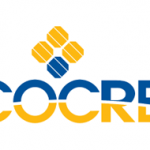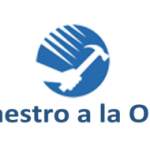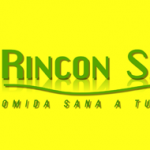A Chilean newspaper asked me an interesting question this week:
What should Chile do in 2014 to make it a better place to be an entrepreneur?
I don’t think my entire answer will get published in the newspaper, so I’ll republish it here. What do you think? And what would you do to make Chile a better place to do business?
1. Continue to push ASECH inspired entrepreneurial reforms
ASECH, the Chilean entrepreneurs association, has pushed laws like making it possible to incorporate a business in one day, for free, without going to a notary, pushed banks to allow entrepreneurs to open bank accounts much more easily, a entrepreneurship bankruptcy law, and has pushed for laws that force large companies to pay in 30-45 days, instead of 90-120 that’s fairly common in Chile. It’s been an incredible success and should be continued.
2. Force large Chilean companies to follow Chile’s competition laws
If you want to foment entrepreneurship, you need a level playing field. Chile currently doesn’t have a level playing field, as large companies routinely price fix and squeeze out new entrants to the market. And many large companies receive little to no punishment when they break the law. No laws need to be changed. Just enforce the ones on the books.
3. Push for a law that requires payment in 30-45 days for most sales
The majority of large companies in Chile pay suppliers, especially new ones, in 90-120 days. In the US its 30. Sometimes 45. If you start a new company in the US, you only need two months or so of operating capital before your sales start to pay your bills. In Chile six or seven months. This kills most people’s ability to start a business before they’ve even started.
4. Pass a personal bankruptcy law
I think it’s very unjust that a bank can loan you money without taking risk. Chilean banks know that they’ll get 100% of their money back at some point because there’s no personal bankruptcy law to discharge a debt. Chilean loans are very one sided contracts, which makes it more difficult to take risks and be an entrepreneur.
5. Tell the truth about entrepreneurship
Entrepreneurs are NOT rockstars or superheroes. Having your own business is a lifestyle and it’s not for everyone. It’s really difficult, but there are many benefits. I’d like to see the government and entrepreneurship groups talk about the reality of being an entrepreneur, rather than blinding building up entrepreneurship as rockstars and superheroes. I fear that when the first crop of entrepreneurs who’ve been told they’re superheroes just for starting a business fails, as most entrepreneurs do, they’ll be so burned that they won’t start another business.








